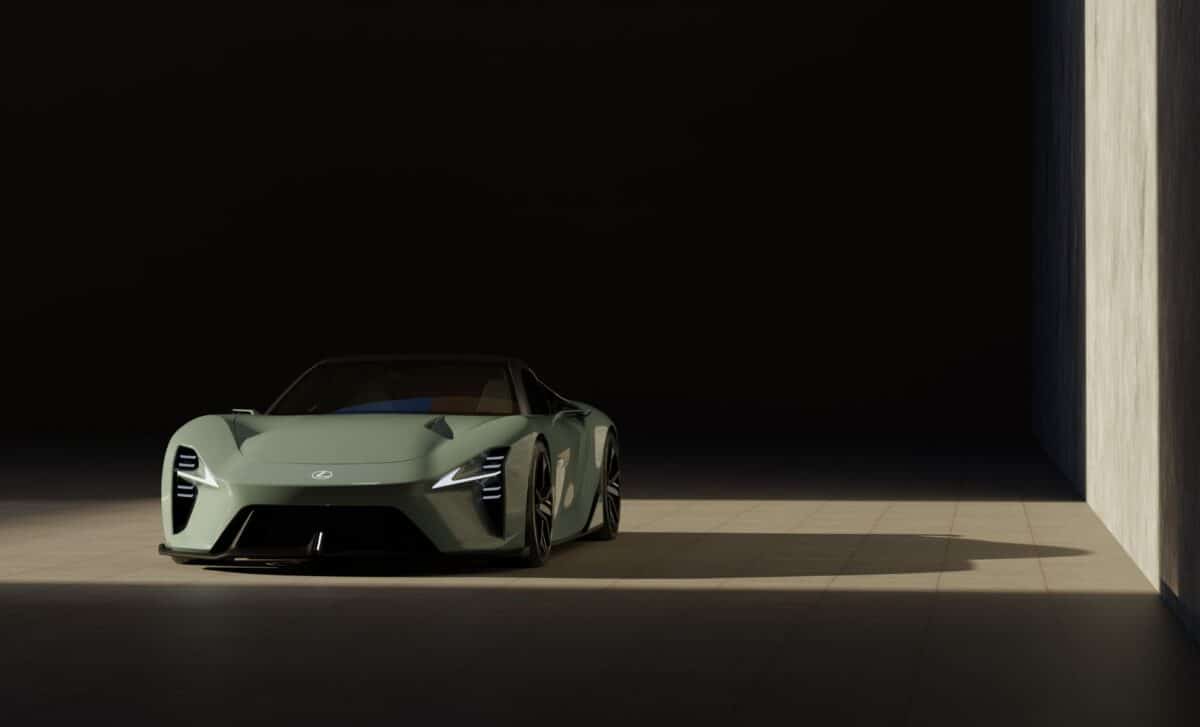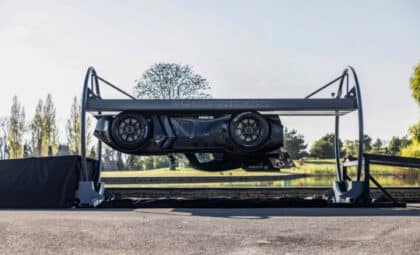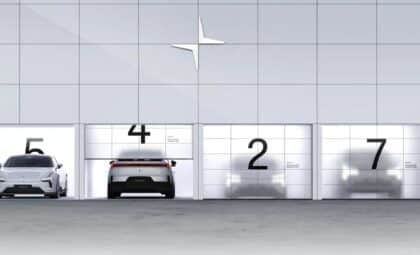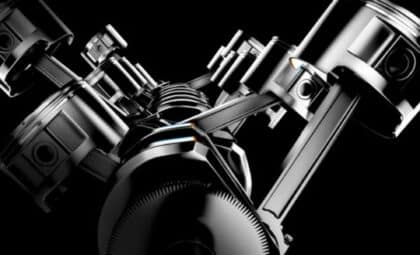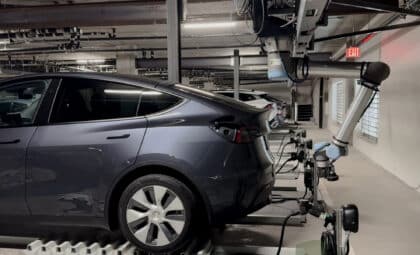Toyota has reaffirmed its plan to launch a solid-state battery in production vehicles by 2027, a major milestone that could reshape the electric vehicle (EV) industry. The announcement, made during the Japan Mobility Show, signals a shift in the company’s previously conservative stance on battery-electric technology.
New Leadership, New Direction
While Toyota has long focused on hybrids and remained cautious about fully electric cars, the company is now embracing EV innovation under the leadership of Koji Sato. This pivot follows years of internal research and is backed by an ambitious roadmap to integrate next-generation battery systems across multiple vehicle platforms.
Toyota’s Keiji Kaita, president of the company’s Carbon-Neutral Engineering Development Center, confirmed that the manufacturer is on schedule to begin deploying solid-state batteries in mass-produced vehicles by 2027 or 2028.
What Makes Solid-State Batteries Different
Unlike conventional lithium-ion batteries, solid-state batteries use a solid electrolyte, making them more energy-dense, lighter, and more compact. These characteristics enable longer range, faster charging, and increased safety, particularly in the event of an accident.
Toyota claims its solid-state battery technology will offer:
- Up to 1,200 km (745 miles) of driving range on a single charge
- 0 to 100 km/h acceleration in under 2 seconds for performance models
- Three times the current battery range
- Four times the durability of lithium-ion cells
These advantages could drastically reduce battery size and weight, making them particularly suitable for supercars and vehicles with strict space constraints.
First Deployment Expected in Lexus Supercar
The first model expected to feature the new solid-state battery is a Lexus sports car, likely derived from the Lexus Electrified Sport concept. This vehicle, previously positioned as a spiritual successor to the Lexus LFA, is designed to showcase high performance with fully electric propulsion.
Although Toyota has not officially confirmed the exact model, internal sources suggest that the production version of the Lexus Sport Concept, unveiled in August 2025, is a strong candidate. The concept promises high-speed capability and a low, aerodynamic profile—ideal characteristics for integrating solid-state cells.
Potential Applications Beyond Performance Cars
Toyota is also evaluating the use of solid-state batteries in commercial and utility vehicles. The company sees potential for expanding the technology to support long-haul and high-demand applications, where energy density and lifespan are critical.
Interestingly, the manufacturer has not ruled out using the new batteries in hybrid vehicles initially, as a testing ground to validate long-term durability and cost-efficiency. This transitional step could help Toyota optimize manufacturing processes before full EV deployment.
Timeline and Industrial Implications
The battery technology has been in development for more than a decade, with Toyota operating mostly behind closed doors. As of late 2025, all indicators suggest that the company remains aligned with its announced timeline. The successful commercialization of solid-state batteries would give Toyota a significant edge in the EV market, where range anxiety, charging time, and safety remain key concerns.
Toyota’s strategy diverges from competitors by taking a more deliberate and research-intensive approach. While brands like Renault and Tesla have prioritized immediate electrification, Toyota appears committed to deploying only when a technical and economic leap is feasible.

